In response to the 2021 Surfside Condominium tragedy in Florida, many states and municipalities have adopted, are considering adopting, or updating existing rules governing reserves, reserve studies and maintenance schedules for multifamily buildings. New Jersey has passed new statewide regulations concerning all of the above. CooperatorNews New Jersey sat down with Michael S. Simone, principal of the Simone Law Firm in Cinnaminson, New Jersey, to explain what that means for Garden State condos, co-ops, and HOAs.
CooperatorNews: What is the name of the new legislation and when was it passed? What is its purpose and intent?
MICHAEL SIMONE: “New Jersey Governor Phil Murphy signed bill S2760/A4384, commonly referred to as the Structural Integrity Bill, into law on January 8, 2024. The purpose of the law was in direct response to the 2021 Champlain Tower South Condominium collapse in Florida by trying to prevent a similar tragedy in New Jersey. This is groundbreaking legislation and has only been passed into law by one other state - although similar legislation is pending in multiple states. The key focus of the new law is structural integrity and reserve accounts.
CN: You mention that the legislation has two parts. What are they, and why were two separate bills necessary?
SIMONE: “As you can imagine, there was lots of negotiating to pass this legislation. It’s my understanding that it took almost an entire legislative session - two years - before the bill was introduced in the State Assembly, and a similar bill presented before in the State Senate. Some key factors to be negotiated included whether this legislation was to focus on commercial or residential structures, and the question as to what type of structures it covered. Also, how often would a building need to be inspected? Lastly, for reserve studies, how much time could be granted to allow an association to raise enough funds to meet the monetary requirement from a reserve study? Although the focus was on the structural integrity of the building, it coincides with the ability to pay for such preventative and corrective repairs. That is why the mandatory reserve study is a requirement. It must ultimately be properly funded as well.”
CN: What important terms or points in the legislation and new requirements resulting from it should condo, co-op, and HOA communities be aware of?
SIMONE: “As for the structural integrity aspect of the bill, if the building is a wood structure, a structural integrity study shouldn’t be needed - I’ll get back to that shortly. If it is a concrete or metal residential structure, it will require a structural integrity engineer report every five years moving forward. If it’s a hybrid type of building, or if its categorization is unsure, generally a structural engineer should be consulted to clarify if the residential building qualifies or not at this time. Again, this bill only pertains to residential buildings.
“As for the reserve study requirement, the law amends the Planned Real Estate Development Full Disclosure Act. For the first time, it requires all associations (with exceptions for those with less than $25,000 in common area capital assets) to obtain a capital reserve study and a 30-year funding plan. The study should be conducted by a licensed engineer, architect, or a reserve specialist, as per defined qualifications.”
CN: With regards to reserve studies - aren’t they something that shared interest communities should have always completed for their own health and safety? Both financial and structural/physical?
SIMONE: “Correct. Technically, all associations should periodically engage a structural engineer to ensure that their property continues to remain structurally sound. Similarly, associations should maintain a reserve account in order to pay for emergency repairs. However, the reality is that some associations try to keep their dues as low as possible. They would instead prefer to conduct special assessments when a repair is absolutely required. Although this was the practice of some associations in the past, it will no longer be permitted, and planning for the future projects, repairs, and replacements is now the requirement. There is a statutory due date of January 2025 for all associations to have a structural integrity report drafted and obtain a reserve study.”
CN: Do these new rules apply to both wooden and masonry structures?
SIMON: “There is an exception for wooden structures. However, as I mentioned earlier, if the residential structure is a concrete or metal residential building, it will require a structural integrity engineer report every five years moving forward. If it’s a hybrid type of building, a structural engineer should be consulted to clarify whether the building qualifies or not at this time. Again, this bill only pertains to residential buildings. Pools and clubhouses are not subject to inspection.”
CN: Are the new rules a burden to shared interest communities? Are there any exemptions or grace periods available to them under the new laws? What is the penalty if the new requirements aren’t met in a timely manner - or at all?
SIMONE: “At this time, the law gives associations and corporations until January 2025 for the structural integrity report and reserve study to be conducted. However, it’s too soon to know how aggressive some towns will be in revoking certificates of occupancy or taking other potential causes of actions if the association does not perform the required inspections and reserve study in the required time period. Also, board members who fail to adhere to the new law will not be protected under the typical ‘business judgment rule.’
“As for the reserve account study, the law states it must meet the following requirements: (1) a CAI-accredited Reserve Specialist; (2) a New Jersey-licensed engineer; or (3) a New Jersey-licensed architect. The reserve study must include projected costs for the above structural inspections as well as a 30-year funding plan.
“Associations will fall into one of two categories: If a community association has a current reserve account but it is inconsistent with its 30-year funding plan, it has the lesser of 10 years or the date by which the reserve account is projected to have a negative balance, to comply with its 30-year funding plan. This rule only applies if the community association would need an increase in its assessments of more than 10 percent to comply immediately with its 30-year funding plan. If the assessment increase to comply with the 30-year funding plan is less than 10 percent, the association must comply with its 30-year funding plan within two years.
CN: Any advice to condo, co-op, and HOA communities?
SIMONE: This is new uncharted territory for both associations and also the professionals who will be conducting these new types of reports and studies. Do not wait until the fall of 2024 to start searching for professionals to assist with a structural integrity report and reserve account analysis. One should begin immediately requesting quotes to ensure the association complies with the January 2025 deadline.”
CN: Clearly the ripple effect of the tragedy at Surfside is spreading over the nation. For the good of your community get your reserves in order. Thank you so much, Michael!
Readers can find Michael S. Simone at his website: www.thesimonelawfirm.com



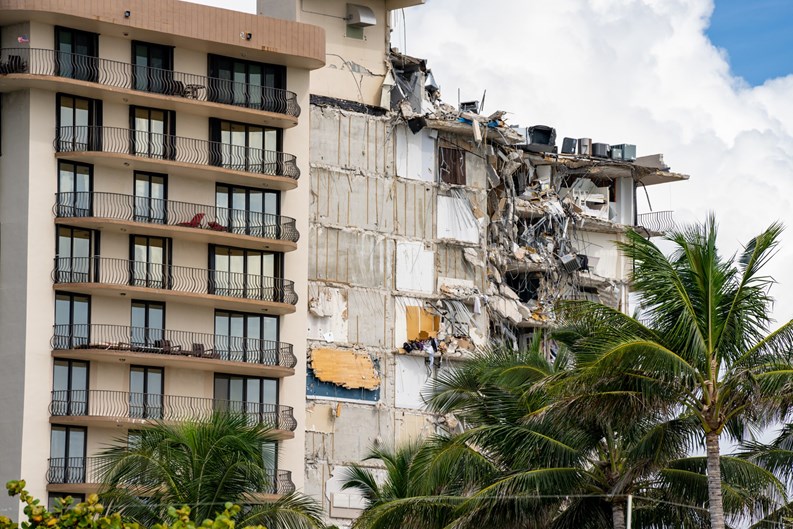
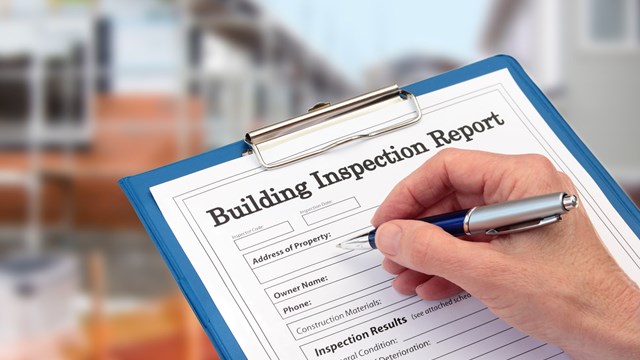

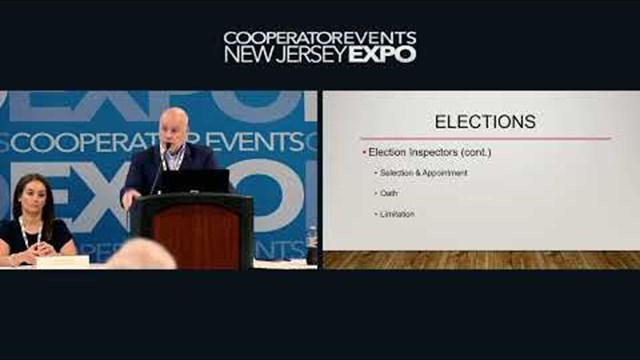
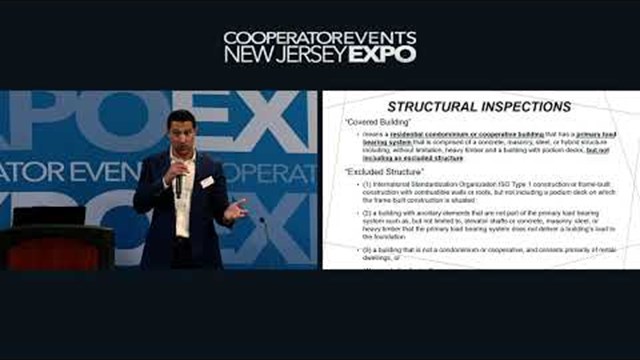

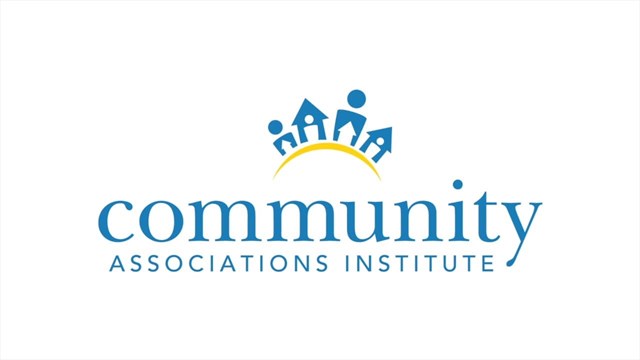
Leave a Comment